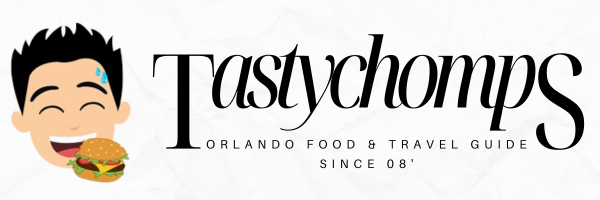As of today, March 20th 2020 – globally, the virus has infected over 270,000 people and killed just over 11,000 and climbing, according to the WHO. Almost 90,000 people have recovered from the infection, according to data collected by Johns Hopkins University. The first several cases appeared in late December of 2019, with Wuhan, and many other cities beginning quarantine in China on January 23, 2020. This week, China reported no new domestic cases.
I spoke with my friend and fellow foodie Kirsten Harrington about her time in China and how life is going on there right now, as well as any advice she may have for us living through this in Central Florida now. Kirsten is a former Orlando freelance writer currently living Beijing, China with her two sons and husband Mike who works for Universal Studios, set to open in Beijing in 2021. She writes about her adventures on her blog at http://peelinganorange.com
Recently, she shared some photos on her social media of scenes in Beijing this week as life started to get back to “normal” with 6 feet / 1 meter distanced chairs in restaurants and mandatory face masks even today.
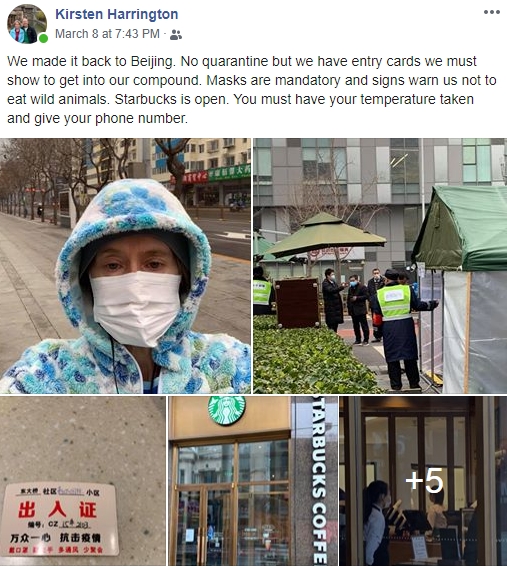
Ricky: How was it in Beijing when the coronavirus first began to spread in China?
Kirsten: I’ll admit I didn’t really get it when it started here. I had the same thinking “what’s the big deal? I’m probably not going to get sick and if I do it won’t be that serious.”
But still I abided by the Chinese government regulations that seemed very strict. It’s only now, in hindsight as I watch this virus spread around the globe, that I realize the measures weren’t taken so I didn’t get sick as an individual. It was about stopping the spread into Beijing from other provinces.
It worked. We had less than 500 cases in Beijing.
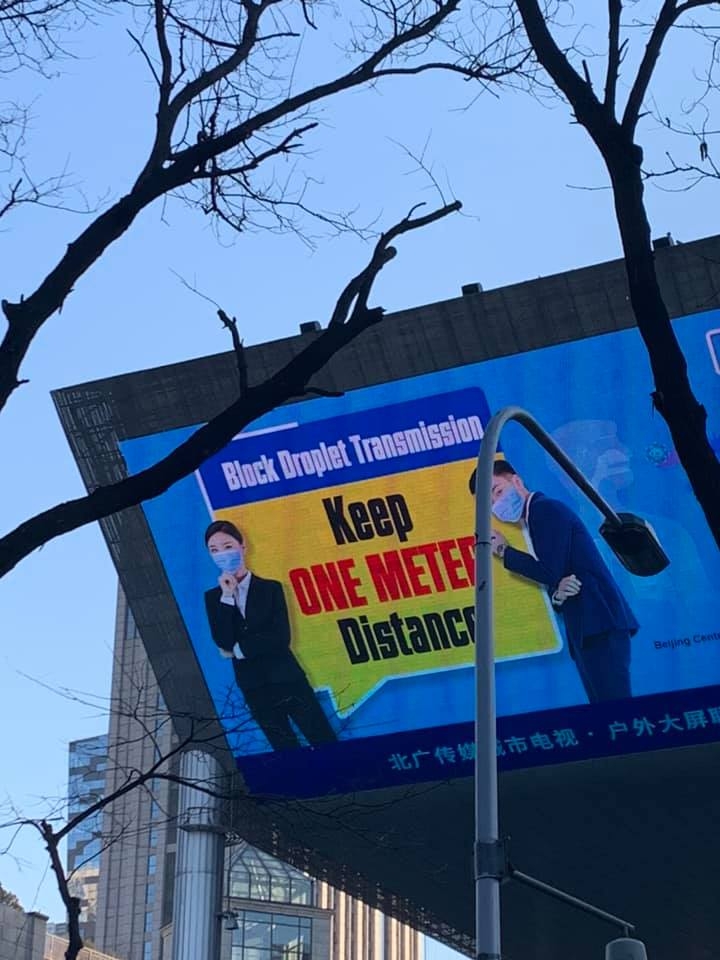
Ricky: When did you first realize this was going to be serious?
Kirsten: I first realized how serious this was when we were in Japan for the New Years holiday at the end of January. We were ready to head back to Beijing and received an email that the boys school would go online after break. Then we heard that some countries would not allow their carriers to fly into China. And that Chinese travelers would be quarantined if they came to the US.
We wondered if we would be stuck in Japan, unable to get to China and barred from the US. We stayed a few extra days in Japan and then returned to Beijing. Everything was closed, except the Western grocery store in my compound. I heard the virus had spread to Japan and S. Korea, where we had just traveled. More people in Wuhan were dying. I knew it was serious. All of my Chinese friends kept texting me, telling me to be careful, not go out
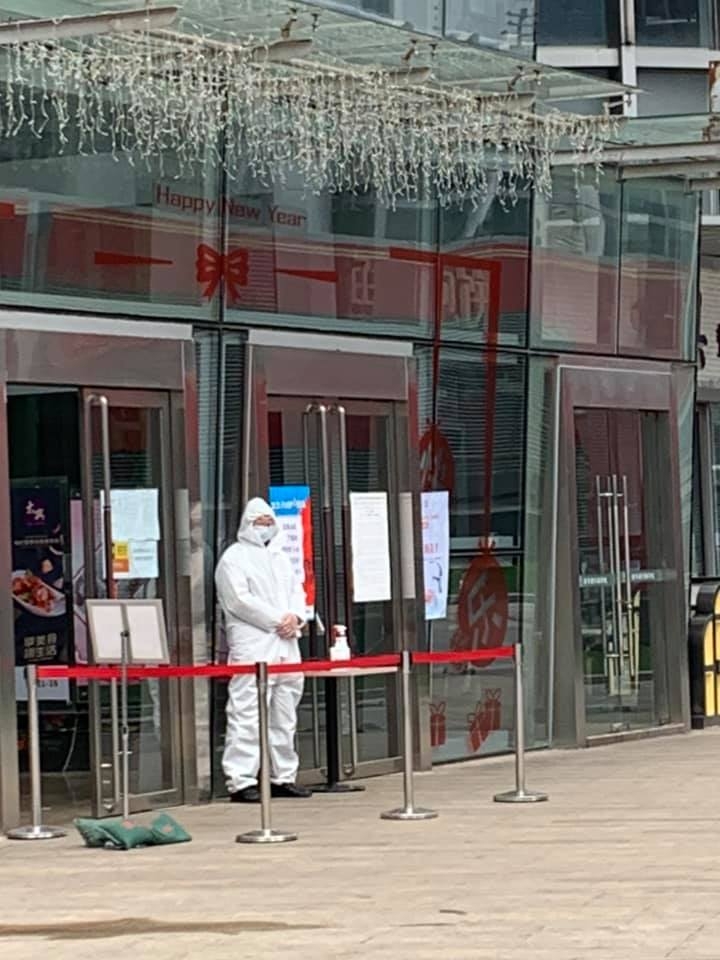
Ricky: I think that is the phase we are at right now in America. The state is shutting things down and encouraging us to do social distancing, take out / delivery at restaurants, work from home, universities / schools are closed till who knows when. What were some of the measures that they took in Beijing?
Kirsten: As of early February masks became mandatory in public places. Some stores had a limit so people wouldn’t hoard. All schools were closed, including public, private, day care, preschool, after school, art school, sports etc.
Any business who defied this and stayed open lost their license to operate. (Except online). Gyms, movie theaters closed, churches closed in December. Temperature checks became mandatory everywhere – entering the subway, a shop, a mall, shuttle bus, office building.
Banners are hung all over the city urging citizens to stay home, wear a mask, check for fever, not panic, wash hands. Microphones throughout public places carried the same message. All Chinese New Year celebrations were cancelled.
Temples were closed at that time. Transportation was restricted into and out of Beijing. For example at one point private cars or ride share vehicles were not allowed to cross the city limits. Villages on the outskirts barred visitors by blockading roads with vehicles, this happened in Beijing too. Students and employees at various companies had to fill out surveys daily to report their whereabouts and health status.
All Starbucks and Apple stores and large retailers closed for a time, some are reopening just now. All tourist places – the Great Wall, forbidden city, museums, etc closed. Some are still closed. All neighborhoods I know of are still “closed” – residents only, no visitors. Must show ID and submit to temperature check to get in or out. Arrivals into Beijing by foreigners require two week quarantine.
Over 10 million people left BJ (Beijing) for new year. The government imposed restrictions on which provinces were allowed to return to Beijing. I read as of last week there are still 800,000 people in BJ under quarantine of some sort.
Most shops and restaurants were closed for a period of time. It’s really only been in the last 2-3 weeks that some places are open again
The regulations change daily, sometimes twice a day. It’s hard to keep up. Oh and most people worked from home, many are still not back at work. Sometimes it’s company policy, sometimes government policy.
It was like a ghost town from the end of January until about two weeks ago. Chinese people receive texts on their phone telling them not to go out. Foreigners were the only ones out, because we did not have that same level of fear instilled into us (because of the language gap in part) and we are naturally more rebellious!
I went out for groceries everyday because my online ordering skills are not very good in Mandarin.
Also I forgot to mention some places (including restaurants) make you scan an app that asks the phone company to share your data to prove you have been in Beijing at least two weeks or they won’t let you in.
Ricky: Wow – how did the people of China survive through this period without working or businesses in operation?
Kirsten: Some employers were ordered to keep paying people. Many small mom and pop shops are still not open. I don’t know if they will survive. Many vendors in the markets aren’t back yet.
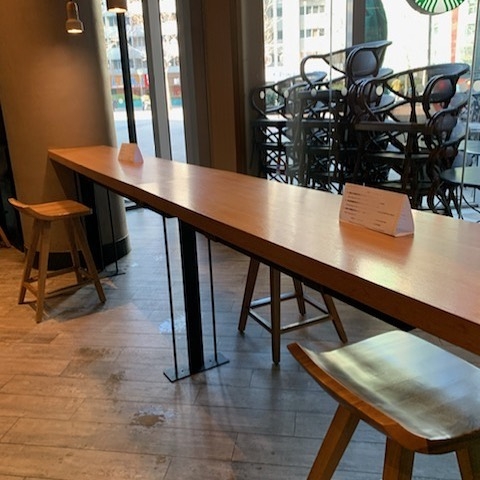
Ricky: Did the Chinese government implement any new measures to aid?
Kirsten: I don’t know but I’m guessing the barriers to entry are lower here- noodle stands come and go often. I am very worried for our restaurant and hotel industry here. Hotel capacity is down 90 percent here, roughly. Mandatory quarantines are not good for business
Some restaurants survived on delivery. Our favorite Italian place is still not open to dine in, but they deliver. Chinese people are used to having food delivered, many people eat this way everyday, or twice a day, so that was an easier hurdle to jump
Restaurants were required to record the temperature of chef, handler and delivery guy. It was written and included with your order. They are not allowed to come to the door, food handlers all wear masks and gloves.
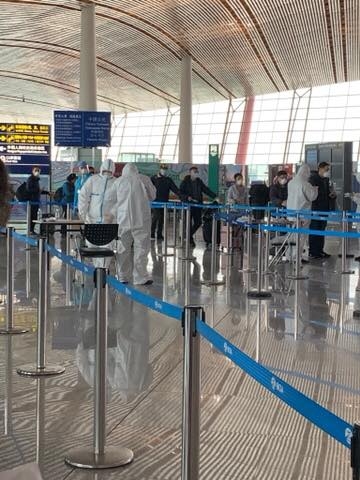
Ricky: May be a good idea to start implementing that here …lol
Kirsten: When entering and restaurant that is open now you have to check you temperature and leave your phone number. You are not allowed to sit across from each other, Must keep one meter apart. Mask on unless eating. Rules vary to one diner per table to max of 4. It’s constantly changing
Ricky: There are very few people with masks on here – I wonder if that will change
Kirsten: Paying by phone is preferred-no touching money etc. some places like Starbucks at first you had to order the drink on the app from outside the store and they would hand it to you with gloves on.
Restaurants are fined or managers are detained if the allow too many customers in. Some places have signs on the table asking you to comply with the rules so they won’t be penalized
Many places have reopened with limited hours – like a cafe that used to open at 8 now opens at 11.
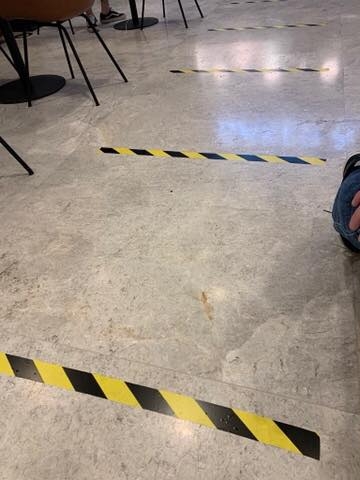
Two cooking schools I know of have posted online cooking classes- easy dishes to cook at home. I don’t think it helps them financially but it it’s good marketing
The restaurant restrictions (capacity restrictions, takeout only, hours, etc) vary by district in Beijing and they have changed constantly, making it very difficult for owners to comply. This confusion – along with the fear local citizens have in venturing out – has led to the demise of some longtime beijing restaurants. Even if they were allowed to stay open the demand is not there because citizens were told to stay inside
We just got back from dinner. This restaurant was limited to 15 diners, at a restaurant that could hold 60 on a normal day.
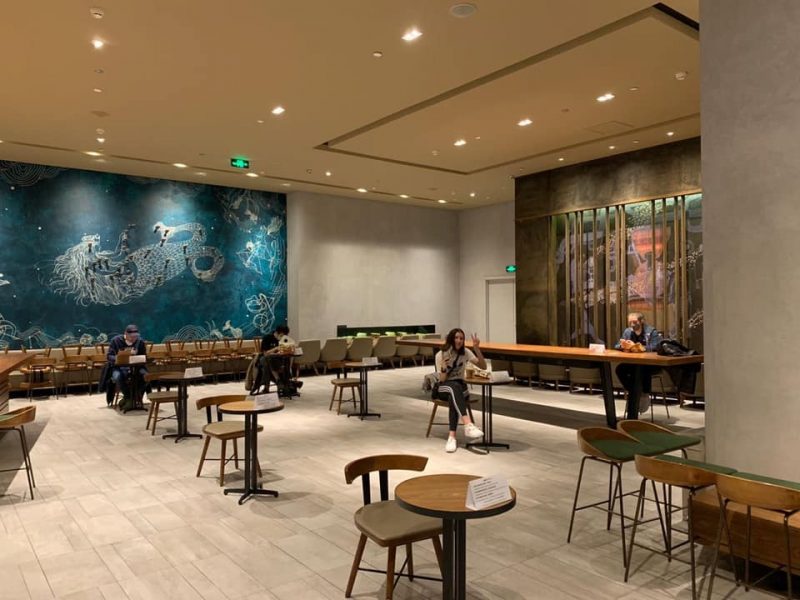
Ricky: What do your kids do with school being out? How is society spending its time? What made you want to return to Beijing? Were there signs it would be safe? or was it just the same as in the States?
Kirsten: This week is spring break, but otherwise they have a full high school course load online. They have a more relaxed schedule, since they don’t have to commute, so they have time to cook breakfast every day. We go out for lunch to see which places are open and support the economy. There aren’t really any social opportunities for them yet, as gathering in groups is still not allowed and they can’t have friends over. We did take a break to go to the states to have a little more freedom, that was just when the outbreak started in Washington.
Mike, my husband did not leave Beijing, we returned to be together as a family. And the number of new cases in China had fallen dramatically. China is our home. In retrospect is what’s the right decision because if we had waited travel would have been very problematic.
Today – More people are out, walking in the park, going back to work – oh but the haircut place may be still closed ?
Things are much safer in China now (than in other countries). The virus is under control. All of the strict measurements were meant to limit the movement of people and thereby reduce transmission. It worked. It was extreme. People in Wuhan paid a price. Some are still in lockdown I believe. It was uncomfortable and inconvenient. There is a cost, economic, social and physical.
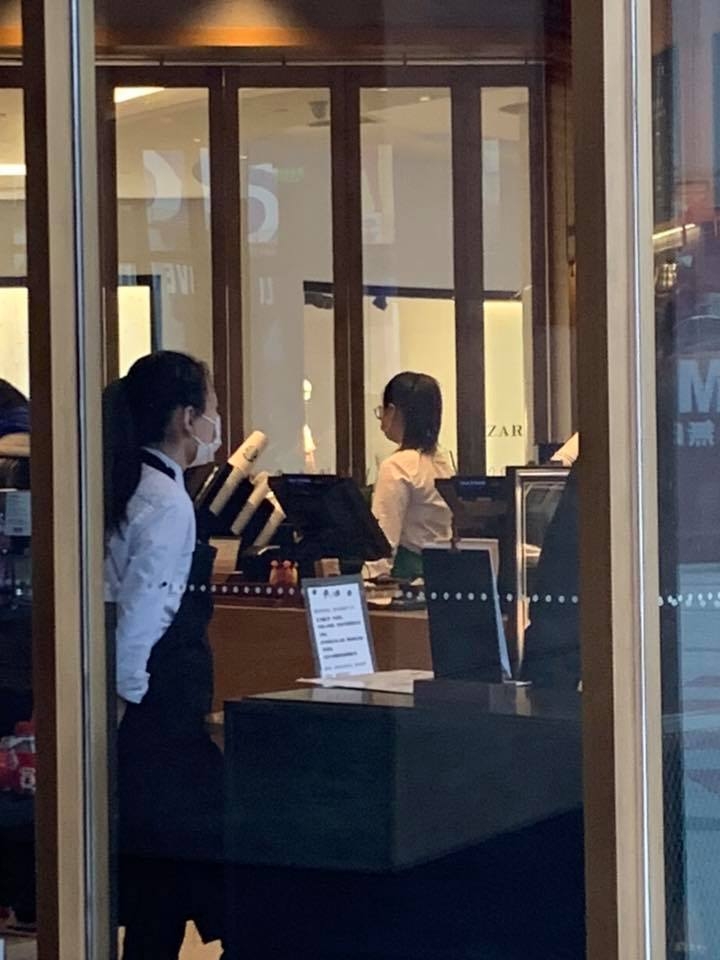
Ricky: What are some of the costs you are expecting to see lay bare in the coming days or even right now as you look around Beijing? How long till you think it will take to return to normal if ever?
Kirsten: People will lose jobs, businesses will fail, here and abroad. Is it worth it to save lives? I think so. But this is where we need to pull together. Help you neighbor, share resources, do what you can.
I’m still waiting to see if my favorite baozi restaurant will reopen. It’s too early to tell what the full impact will be. The spring weather helps, people want to get out
Many expats won’t come back, the restrictions are too onerous for quarantine.
Some schools may finish the year online. The tourism industry has been hit really hard
But the welfare of the people is more important
Back to normal? Maybe this summer – We see signs of normalcy in that places like the Summer Palace is open again with capacity limits. More restaurants are open. More traffic on the street. It’s a purposely controlled reawakening to prevent a flare up. When schools open it will be slowly, a few grades at a time
It really is amazing for Beijing that there were only 500 cases – I read that if they had closed off travel out of Wuhan one week later, there would have been 60% more cases
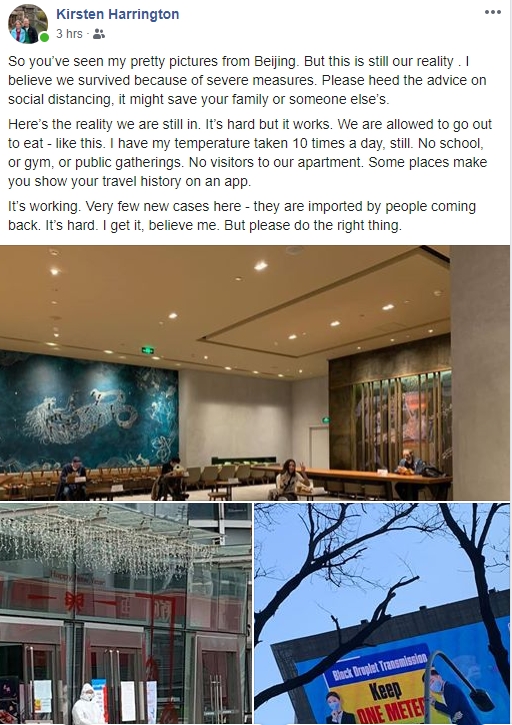
Ricky: What do you have to advise people of Orlando ?
Kirsten: Advice:
Listen to the scientists. Practice social distancing. It’s not about you.
Be willing to be inconvenienced to keep others safe and slow the spread of the virus. Wash your hands and don’t hoard toilet paper. Look out for your neighbor.
Share what you have. Can you order groceries or food delivery for someone who can’t get out? Do it. Encourage a friend, bake cookies, don’t panic.
Practice soul care. Mediate, pray, go for a walk (if you can), listen to music, pet the dog, watch a movie. This is likely to be a marathon, not a sprint. Slow down and breathe. We will all get through this if we act rationally and do our part.
If you are able, pour money into the economy in any way that is safe to do so. Cover someone’s rent for a month or give $20 to the food bank.
Photos by Kirsten Harrington
Kirsten Harrington is a former Orlando freelance writer currently living Beijing, China with her two sons and husband Mike who works for Universal Studios, set to open in Beijing in 2021. Follow her blog at http://peelinganorange.com . Read her series of posts on the coronavirus at http://peelinganorange.com/going-viral/
